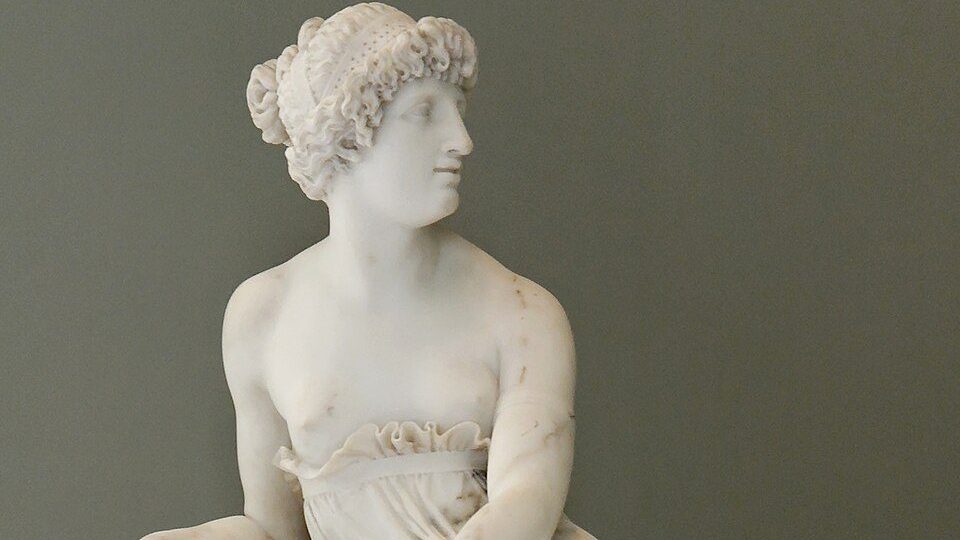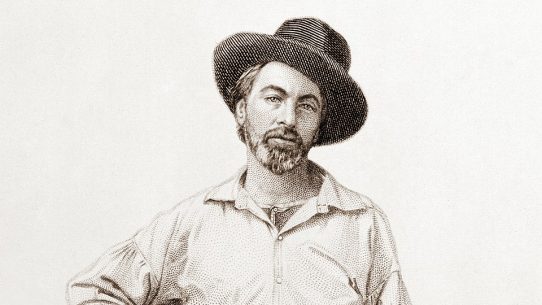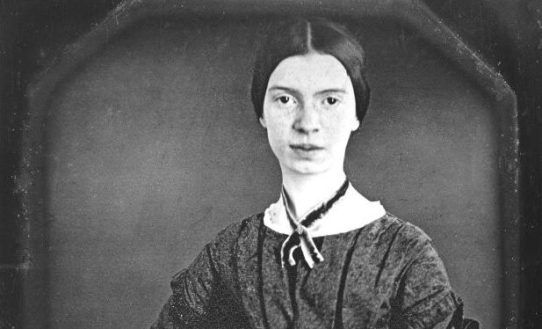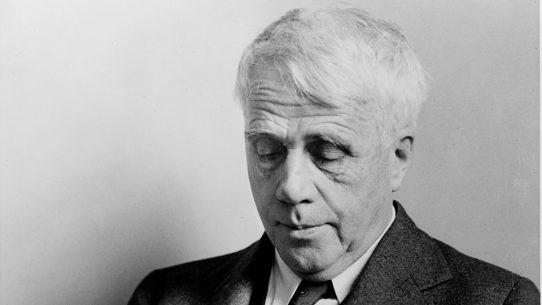Sappho (c. 630–570 BCE) was an ancient Greek lyric poet from the island of Lesbos, renowned for her intimate, emotional, and exquisitely crafted poetry.
Celebrated in antiquity as the “Tenth Muse,” she transformed the public grandeur of epic verse into personal expression, focusing on love, longing, and the inner life. Though much of her work survives only in fragments, her voice — delicate yet powerful — continues to influence poetry and concepts of love over 2,500 years later.
Early Life and Education
Sappho was born around 630 BCE in the city of Eresos or Mytilene on the island of Lesbos, off the coast of Asia Minor. She came from an aristocratic family and lived during a time of political turbulence in the Aegean. Ancient sources suggest that she was exiled for a period to Sicily, likely due to local political conflicts, before returning to Lesbos later in life.
Little is known of her education, but her mastery of language and music indicates a refined cultural upbringing. Sappho was also known to lead a thiasos — a community or circle of young women devoted to music, poetry, and worship of the goddess Aphrodite. Within this setting, she taught art, song, and the appreciation of beauty, fostering a poetic voice that was both personal and communal.
Literary Career and Major Works
Sappho wrote in the Aeolic dialect of Greek, composing poems meant to be sung to the accompaniment of the lyre. Her verse, originally collected into nine books by ancient scholars at Alexandria, was largely lost over time — surviving today only in quotations and papyrus fragments.
Her poetry explores themes of love, desire, friendship, beauty, and loss, often addressed directly to other women. Unlike the heroic epics of Homer, Sappho’s verse focuses on private emotion and the immediacy of human experience. Her best-known complete poem, “Ode to Aphrodite,” invokes the goddess of love for aid in matters of the heart, blending reverence with vulnerability.
Other fragments — such as “He seems to me equal to the gods” and “The moon and the Pleiades have set” — capture moments of longing, solitude, and reflection with stunning precision. Each line, even in fragmentary form, reveals her mastery of tone and rhythm.
Style, Themes, and Influence
Sappho’s style is defined by lyrical simplicity and emotional intensity. She perfected the use of personal voice in poetry, speaking not as a mythic figure but as an individual whose feelings were universal. Her use of direct address, musical cadence, and vivid natural imagery evokes both passion and restraint.
Recurring themes include romantic desire, female companionship, beauty in nature, and the bittersweet passage of time. Her approach to love — sensual yet spiritual — reshaped Western conceptions of intimacy and inspired countless poets through the centuries.
Her influence can be traced from ancient Greek and Roman writers, including Catullus and Ovid, to Romantic poets such as Byron and Shelley, and into modern literature. The term “Sapphic” and the association of female same-sex affection with “Lesbian” (from her native island) reflect her lasting cultural impact, though her work transcends simplistic categorization, celebrating love in its many forms.
Later Life and Legacy
Historical records about Sappho’s later years are sparse and often mythic. Ancient biographers told conflicting stories — some romanticizing her love for the ferryman Phaon, others portraying her as a teacher and spiritual guide. What endures beyond these legends is the purity and emotional depth of her voice.
By the classical era, Sappho’s reputation was immense: Plato called her the “Tenth Muse,” and her work was studied, memorized, and set to music throughout Greece and Rome. Though centuries of neglect and censorship obscured much of her poetry, rediscovered papyrus fragments in the nineteenth and twentieth centuries revived scholarly and popular interest.
Today, Sappho stands as a foundational figure in the history of lyric poetry — a poet whose emotional honesty, musical grace, and exploration of love continue to resonate in every language and era.
Notable Works
- Ode to Aphrodite (complete poem)
- He Seems to Me Equal to the Gods (Fragment 31)
- The Moon and the Pleiades Have Set (Fragment 168B)
- Come, Divine Lyre (Fragment 44A)
- To an Army Wife in Sardis (Fragment 16)
Related Poets
Alcaeus of Mytilene, Anacreon, Catullus, Ovid




